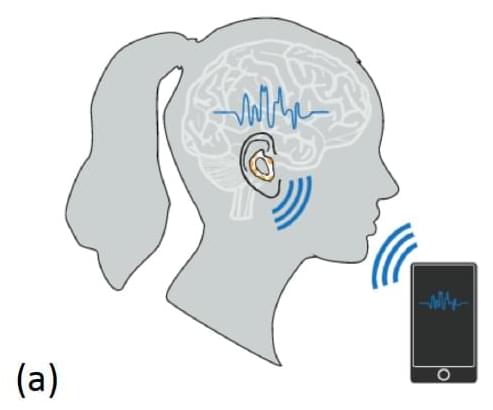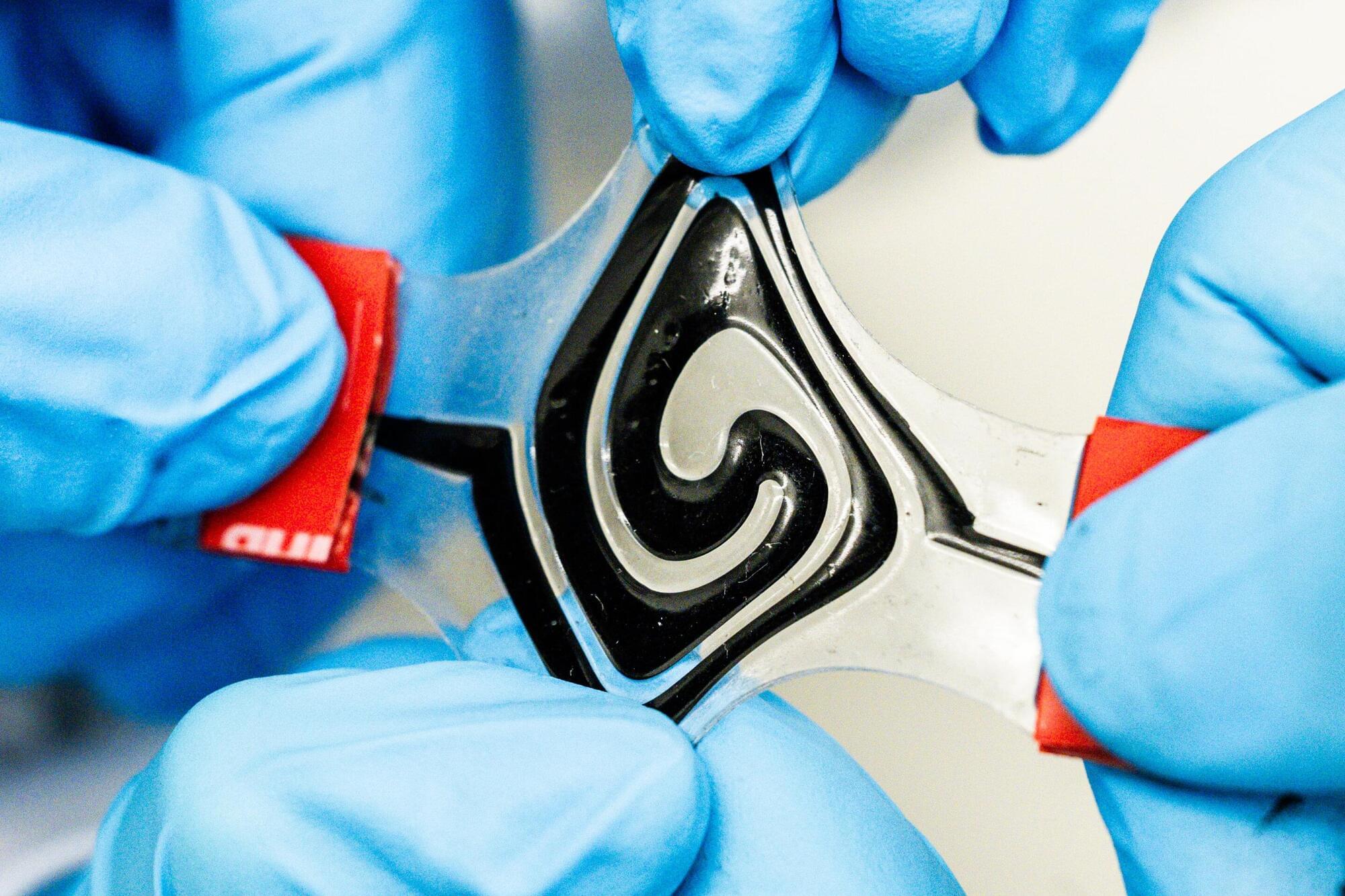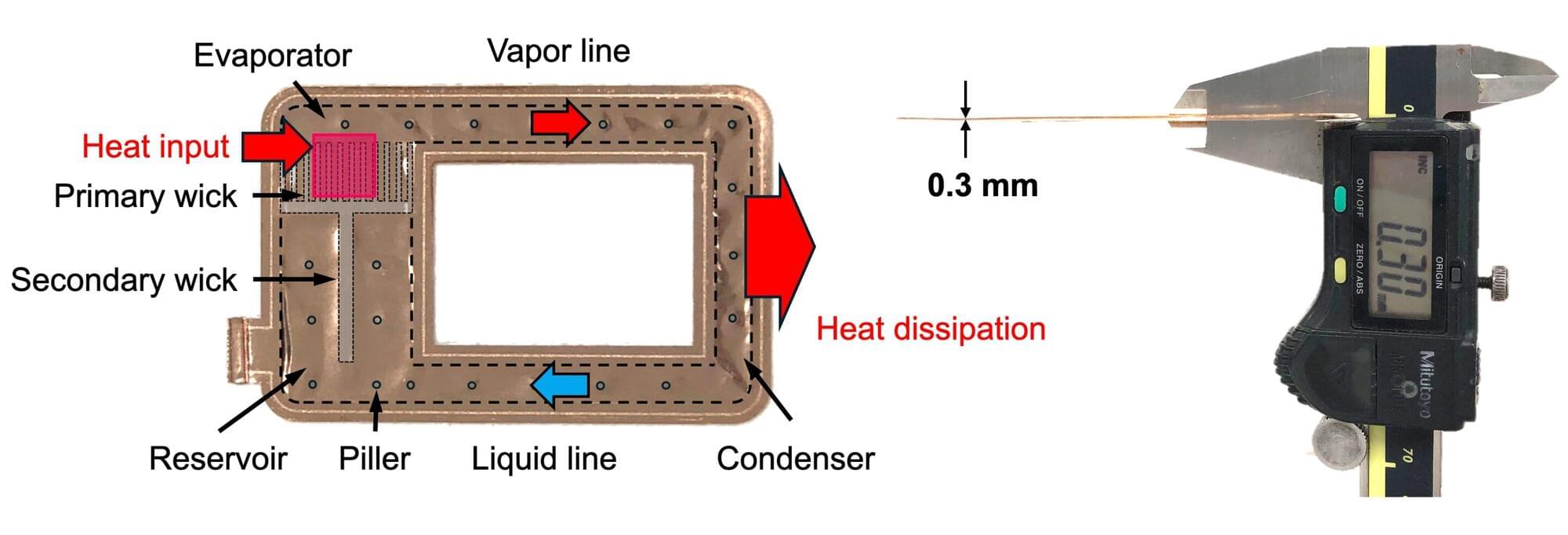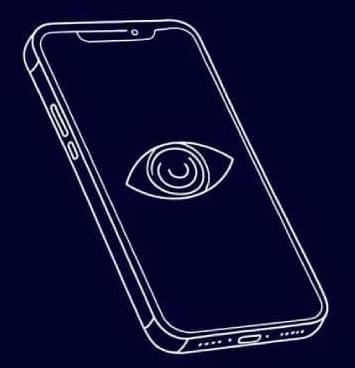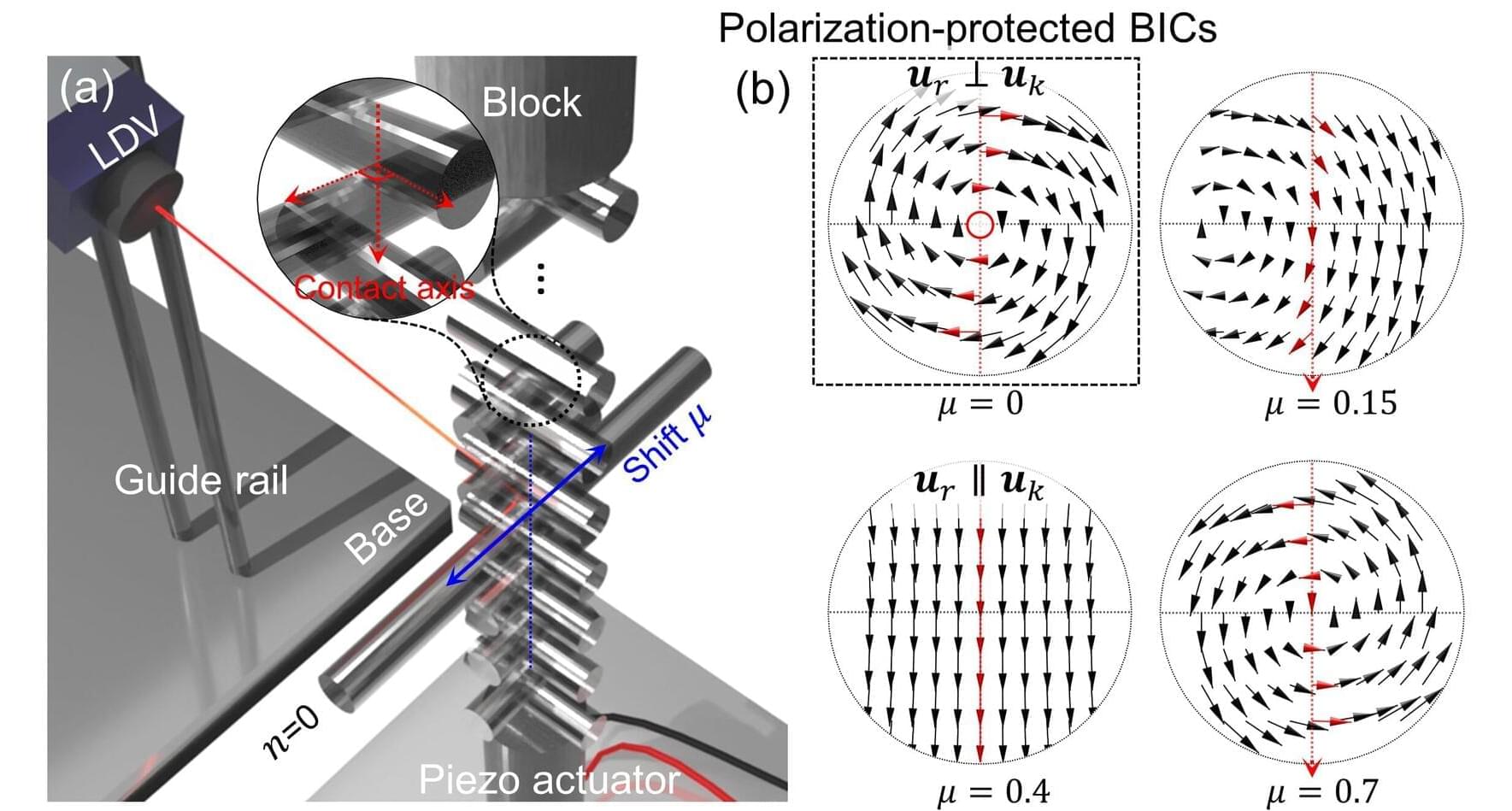Year 2021 face_with_colon_three
Communication between brain activity and computers, known as brain-computer interface or BCI, has been used in clinical trials to monitor epilepsy and other brain disorders. BCI has also shown promise as a technology to enable a user to move a prosthesis simply by neural commands. Tapping into the basic BCI concept would make smart phones smarter than ever.
Research has zeroed in on retrofitting wireless earbuds to detect neural signals. The data would then be transmitted to a smartphone via Bluetooth. Software at the smartphone end would translate different brain wave patterns into commands. The emerging technology is called Ear EEG.
Rikky Muller, Assistant Professor of Electrical Engineering and Computer Science, has refined the physical comfort of EEG earbuds and has demonstrated their ability to detect and record brain activity. With support from the Bakar Fellowship Program, she is building out several applications to establish Ear EEG as a new platform technology to support consumer and health monitoring apps.
